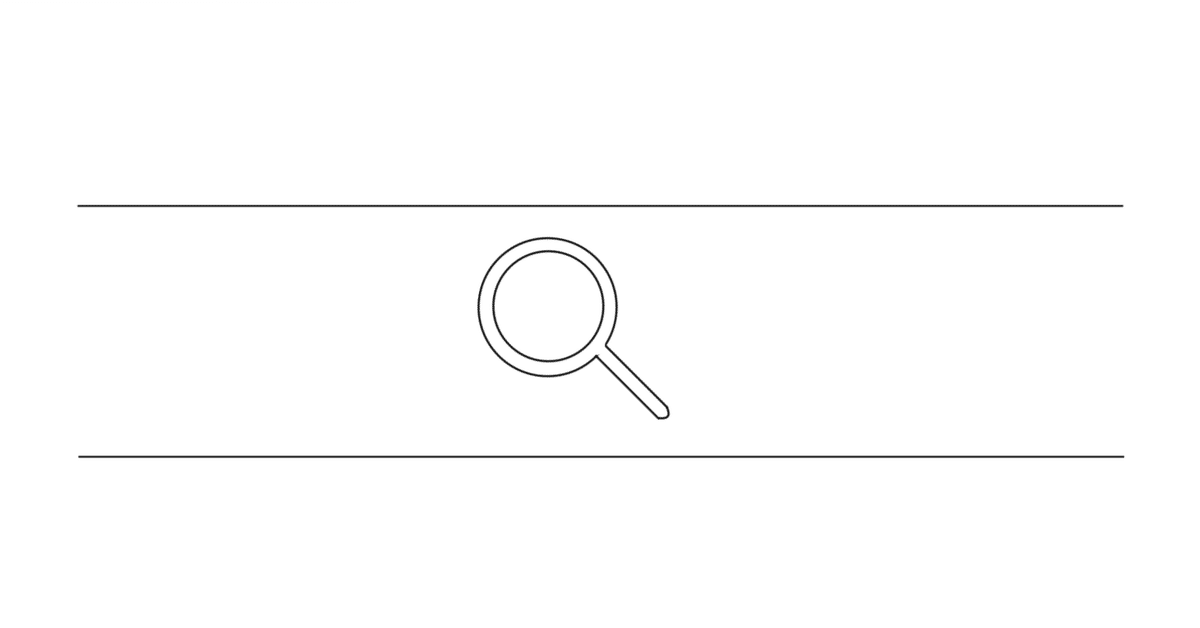
【Read between lines】Hal Tasaki "Physics and Mathematics of Quantum Many-Body Systems" p. 501 (Problem 3.4.a: Evaluation of a commutator of finite-range interactions)
Key words
finite-range interaction
evaluation by inequality
Relevant section
Note that $${[\hat{o}_z, [\hat{h}_x, \hat{o}_y]]\neq0}$$ only when $${|x-y|\leq r}$$ and $${|x-z|\leq 2r}$$. For a fixed $${x}$$, the numbers of such $${y}$$ and $${z}$$ do not exceed $${(2r+1)^d}$$ and $${(4r+1)^d}$$, respectively.
Solution
Focus on straight line $${\mathbb{Z}}$$ of the hypercube lattice. If $${[\hat{h}_x, \hat{o}_y]\neq0}$$ for $${x,y\in\mathbb{Z}}$$, there is nonzero intersection of supports (the range where operators act nontrivially) of $${\hat{h}_x}$$ and $${\hat{o}_y}$$, that is, $${R(x,y)=\{w\in\mathbb{Z}: |w-x|\leq r, |w-y|\leq r\}}$$. $${R(x,y)}$$ is not empty if and only if $${|x-y|\leq 2r}$$. For given $${x}$$ there are $${4r+1}$$ points of $${y}$$ where $${R(x,y)\neq\empty}$$; $${y=x-r, x-r+1, \dots, x+r}$$. Considering all the direction, the number of $${y}$$ which gives nontrivial contribution does not exceed $${(4r+1)^d}$$.
Focus on the same line $${\mathbb{Z}}$$. For given $${x,y\in\mathbb{Z}}$$, if $${[\hat{o}_z, [\hat{h}_x, \hat{o}_y]]\neq0}$$ then there exist nonzero intersection of the support of $${\hat{o}_z}$$ and $${R(x,y)}$$. In case $${x\leq y}$$ and $${|x-y|\leq 2r}$$, $${R(x,y)=\{y-r, y-r+1,\dots,x+r\}}$$, hence $${z=y-2r,y-2r+1,\dots,x+2r}$$ gives nontrivial commutation. Since $${x\leq y-2r\leq x+2r}$$, the number of such $${z}$$'s is at most $${\#\{x, x+1, \dots, x+2r\}=2r+1}$$. Considering all the direction, the number of such $${z}$$ does not exceed $${(2r+1)^d}$$.
この記事が気に入ったらサポートをしてみませんか?
